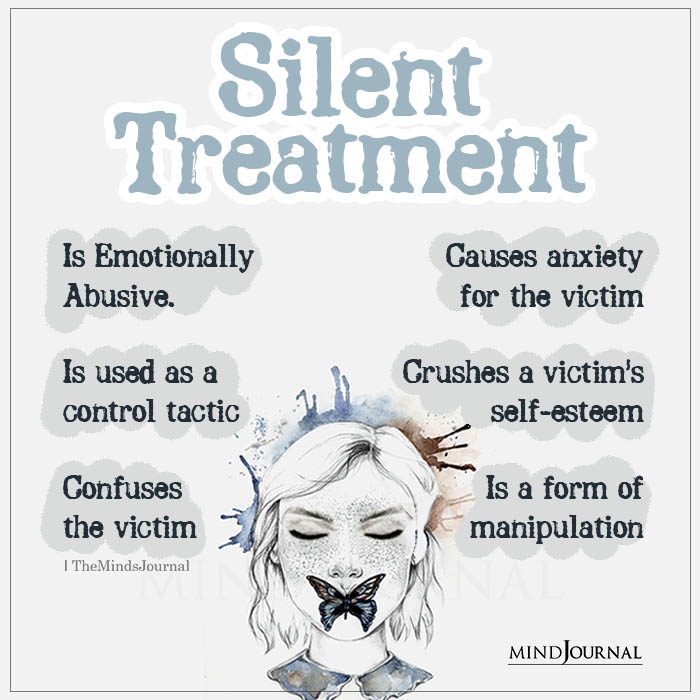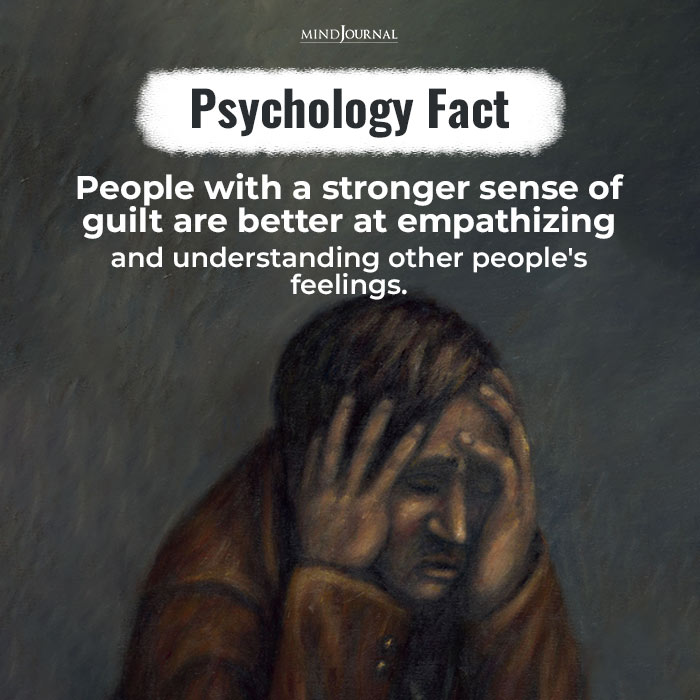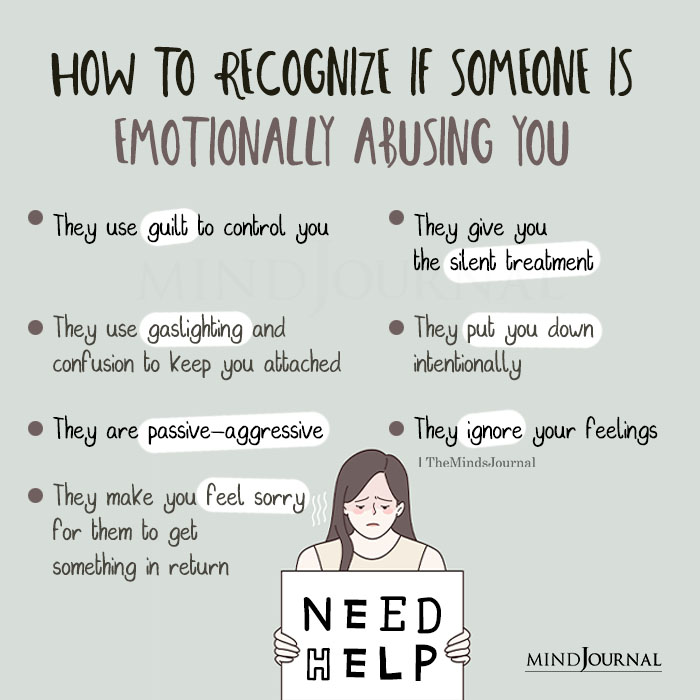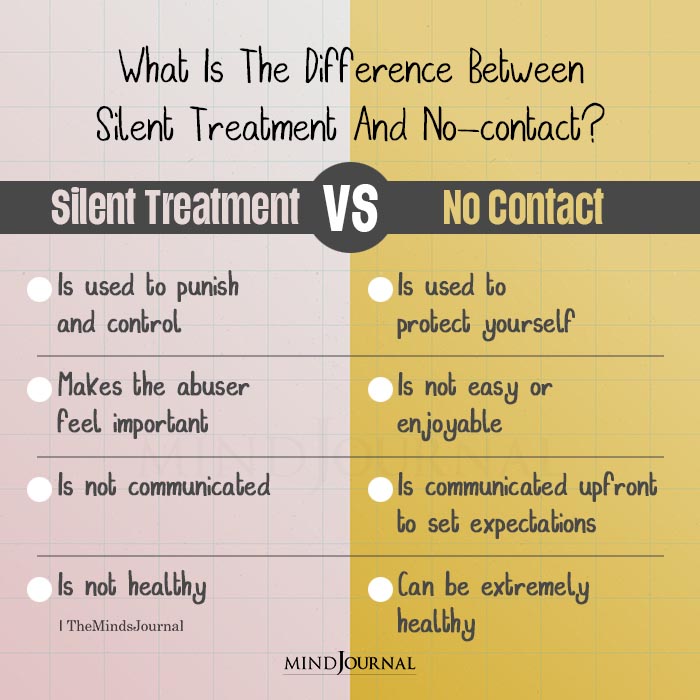Giving silent treatment in relationships inflicts pain without leaving a visible mark. Do you share a relationship with a narcissist? Here’s the truth about silent treatment, why he won’t communicate with you.
Something is wrong. The fact that something is wrong has many manifestations in the narcissistic dynamic. You may experience a sudden eruption of temper, the instigation of a silent treatment as you follow us around the house trying to draw from us what on earth is the matter.
It might be that you plead with us to explain as all we do is fix you with a malevolent glare and say nothing. It may escalate into you being accused of various transgressions which make no sense and certainly cannot be what is truly wrong since the allegations have no bearing in fact.
You are faithful yet accused of having repeated affairs. It makes no sense. You are told you never listen, but that is all you ever seem to do. The subject matter of the vitriolic accusations is clearly not what is really wrong.
We may vanish, subject you to a bewildering word salad, drag you into a circular conversation, triangulate you with the angelic other person but still you are none the wiser as to what is actually wrong.
Repeatedly you exhort us to explain, to elaborate, to detail what is causing this behaviour, just to talk and help you understand. Surely it is a reasonable and sensible request? Whether it is silent treatments, triangulation, verbally abusive accusations, a beating and so many other manifestations they will all have a common thread; we will not tell you what is wrong.
The truth about silent treatment : Why is it so troubling in relationships?
Leaving aside the unpleasantness of being hit, called names and all the other effects of the various manipulations which are used against you, the simple fact is that people do not like not knowing things. Being in the dark is perplexing and causes anxiety.

Not knowing something unsettles people, has them uncertain and bewildered. Just like not knowing whether you have secured a promotion, got the grades from your exam results, where your youngest child is when you are in a supermarket or what the outcome of a life-changing decision will be, the sensation of not knowing is one which causes anxiety for most people.
Related: Toxic Silence: Why Narcissists Go Silent And How To Cope
This becomes especially problematic for empathic individuals. Not being told what is wrong by a significant other, a family member or a friend, is even worse for an empathic individual because this offends many empathic traits.
- You want to help. When you see that somebody is troubled by something it is an instinctive reaction on your part to want to help them and you cannot but help but try to assist. If you are not told what it is, you cannot help and the increases your frustration.
- Your propensity for self-examination. If you are not told what the issue is, you will then spend a considerable amount of time trying to work it out as you replay conversations, analyse recent events as you seek a third party influence which has caused our behaviour and then ultimately you will examine whether you have caused the problem and if so how.
- You capacity for self blame. Without being furnished with the details of what is causing our behaviour, you indulge in the behaviour at two above and eventually all roads lead to a moment of mea culpa as you self-flagellate and decide you must have done something wrong. After all, nobody becomes upset for no reason do they?
- You are a truth seeker. Accordingly, you need to know the truth of what is making us furious or causing us to sulk.
- You are a love devotee. The person you love is upset, angry or tormented and this pains you. You suffer the emotional contagion arising from this and feel our pain as your own and with any pain you want to make it stop.
- You expect honesty in all dealings and especially from those close to you. You expect us to be honest and tell you what is annoying us.
- You are a problem solver and you need to fix the problem which is so apparent in its appearance.
- You are a good listener. You want to listen and if only we would explain what it is that is upsetting us so much, you will readily sit and listen, but please, please just tell you what it is.
All of these factors means that our failure to tell you what is wrong offends so much of what is important to you with the result that you become concerned, confused, hurt, anxious and even angry. This naturally leads to one place; fuel.
From your perspective, you know that if you talk about a problem you feel better. A problem shared and all that. You also know that you have the skill set and the tools to make everything okay.

You have that selfless willingness to attend to the needs of others and remedy the ill. You want to collaborate, resolve the problem and that way we will feel better and in turn so will you. You cannot walk away from not knowing what it is. You have to know.
This near inescapable desire to know what it is that is wrong results in people falling into traps in terms of finding a reason why we are not talking about it to you.
This is because the victim does not know what they are dealing with. He or she does not understand that they are dealing with one of our kind so instead, they will become ensnared in one of the many misleading traps.
These are propounded by popular and incorrect reasons as to why some people will not talk about a problem and arise from ignorance about our kind. In such an instance you will hear comments such as
“He is the strong, silent type.”
“She has trouble trusting people, that is why she says nothing.”
“He feels silly admitting to having a problem.”
“He wants to sort things out for himself.”
“She won’t rely on other people. It is pride.”
“He has always learned to deal with things on his own.”
“Stiff upper lip I guess.”
“He doesn’t do feelings.”
Whilst there may be a kernel of truth in the applicability of these comments to the situation they are not the whole and sole reason for the failure to communicate the problem to you.
The reason that someone who is of our kind will not tell you what is wrong goes beyond these comments.
The Lesser
If you are entangled with a Lesser Narcissist he will not tell you what is wrong because he does not know what is wrong. His less well-developed ability to control his environment means that the slightest disruption threatens his control as a whole.
You are not doing what he wants but he does not know what he wants. All he realises is that something is wrong, but he cannot identify it. He cannot articulate what it is and this manifests as his increased irritation and annoyance.
Indeed, the restlessness he experiences from the sensation of feeling like he is losing control is what is behind his need to lash out at you. Your desire to help only serves to annoy him all the more.
As you keep asking what is the matter, you are actually reinforcing the shortcoming and repeatedly reminding him of the problem that he cannot identify.
Accordingly, his skewed logic will readily conclude that you are the problem. You are the problem and your repeated reminders of this shortcoming constitutes as criticism. The fury is thus ignited and it will erupt as heated fury.
You still try to ascertain what is wrong but all you are then doing is pouring fuel (in both senses) on the fire that rages inside of the Lesser.
Related: 10 Signs Of Romantic Manipulation
The Mid-Ranger
The Mid-Ranger reaches the same conclusion as the Lesser, namely you are the problem. He does so far quicker as a consequence of his increased cognitive ability.
He cannot put his finger on what it is that you are doing that is causing his sense of dread, that feeling of instability and vulnerability, but he recognises that it is something to do with you.
It has to be you. He will not say however that it is you because the attention which is generated by you keep asking him is making him feel better, because of course it is fuel. He senses that you are the problem therefore it make sense to keep you guessing as to what his problem might be.
After all, you should be able to work out what is wrong without him needing to tell you if you truly love us. You should be able to ascertain the problem and remedy it because we expect this level of telepathy and second-guessing.
The Mid-Ranger cannot tell you what is wrong, because just like the Lesser, he does not know, but he knows straight away that it is something to do with you. Therefore he wants you to work it out and resolve the problem and he will not provide you with any input, why should he? He may talk in vague terms in order to keep the guessing game going so you are lead down dead ends and blind alleys and all the while fuel is obtained.
Related: Why Violence Is Not Always Physical But Occurs In Other Forms Too
The Greater
As you would expect, the Greater knows full well what is wrong. He knows you are at fault (because of course everything has to be your fault) and this is because you are failing in your role. If you were performing as an effective appliance he would not feel this way.
You are clearly not functioning and therefore you need to be punished until you eventually start to function again. Note this does not mean that you actually identify a problem and solve it, but rather that you start to provide fuel, comply with the Greater’s demands and submit to his or her control.
The Greater is never going to tell you what the problem is. To do so would be furnishing the enemy with secret information and that cannot happen. To tell you that you are not functioning and you are eroding his sense of control would be tantamount to ceding further control to you.
Our sense of wariness will prohibit us from disseminating such information. Instead, as part of regaining control, the Greater knows that having you flow with fuel and pleading for him to talk to you is all part of the game which must be played. He is superior and not in the business of giving you any insight into his dark mind.
You are there to have your strings pulled and he will delight in doing the same keeping you in the dark, upset and begging for him to talk to you. He may embark on lengthy but ultimately meaningless monologues, grandstanding and pontificating but all this is done purely to tie you up in further knots.
What do you do?

Recognise it is happening and now understand why that is.
Ask once what is wrong. Don’t expect to receive an answer or if you do, do not expect it to be meaningful or helpful. You have however discharged your obligation by asking us what the problem is.
Understand that repeatedly asking us what is the matter is only providing us with fuel and allowing us to regain control. If you keep asking, we will just keep going with the game of not telling you. Once we see fuel flowing we want it to keep flowing.
Instead, ask and if you receive no answer or a meaningless answer just state:
“Okay, I am sure you will tell me when you are ready.”
Then walk away.
You are not giving fuel, so we have not scented ‘blood’ and thus there is no feeding frenzy. Your comment is not a criticism however because you have allowed power to vest in us by leaving the decision with us.
You can then get on with what you want to do. Yes, you will be accused of not caring, but do not respond. Yes, you are likely to face further pressure to draw fuel from you, but move away from us or if you cannot engage in a different task and if you feel the need to say something, just state in a neutral fashion.

“I have asked and I understand you will tell me when you decide you want to. That is fine.”
By asking once, leaving the decision with us, re-stating that position (if need be) not encouraging a fuel-frenzy and not wounding us, the particular manipulation that is being allied with not telling you what is wrong will fizzle out. You will then have saved yourself worry, energy concern and anxiety.
When a person refuses to tell you what is wrong, know that they’re trying to use toxic silence on you. Don’t fall into the trap! And if you found this article helpful, share your thoughts in the comments.
Written By HG Tudor Originally Appeared On Narcsite Republished with permission
















Leave a Reply
You must be logged in to post a comment.